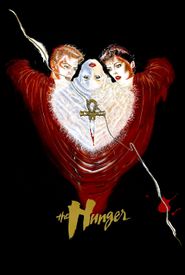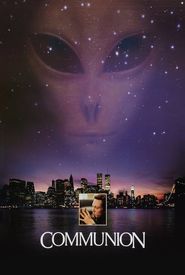Whitley Strieber embarked on a writing career that initially gained him recognition as a prominent horror author, particularly within the "new wave" of horror writers. His debut novels, The Wolfen (1981) and The Hunger (1983),received widespread acclaim and were later adapted into films. This early success solidified his position as a master of the horror genre.
As his career progressed, Strieber shifted his focus to novels exploring themes of nuclear destruction. His collaborations with James Kunetka, including Warday and Wolf of Shadows, achieved significant commercial success, with Warday becoming a New York Times bestseller. A planned feature film adaptation of Warday, directed by Costa-Gavras, was also in the works.
Strieber's most notable work, however, is his autobiographical account, Communion (1989),which details his alleged encounters with extraterrestrial beings. This book reached the top of the New York Times Non-Fiction Bestseller list, remaining there for 15 weeks, and was later adapted into a film. Strieber's appearance on The Tonight Show with Johnny Carson in 1987 further cemented his reputation as a credible witness to the paranormal.
The vampire saga that began with The Hunger (1983) continued to captivate readers, with Strieber releasing The Last Vampire and Lilith's Dream, which expanded the mythology. Although Columbia Pictures' option on The Last Vampire expired, the SciFi Channel considered developing a mini-series based on the last two novels of the trilogy.
Strieber has since written numerous thrillers, as well as novels exploring environmental apocalyptic scenarios, such as Nature's End and The Coming Global Superstorm. His work on The Coming Global Superstorm served as inspiration for the film The Day After Tomorrow (2004),and Strieber later penned the novelization of the movie.
In 2006, Strieber released The Grays, a fictional narrative that delves into the struggle between an alien presence and humanity for control of the earth. This novel is informed by his personal experiences and has been optioned for film by Sony Pictures, with Ken Nolan writing the treatment.






























